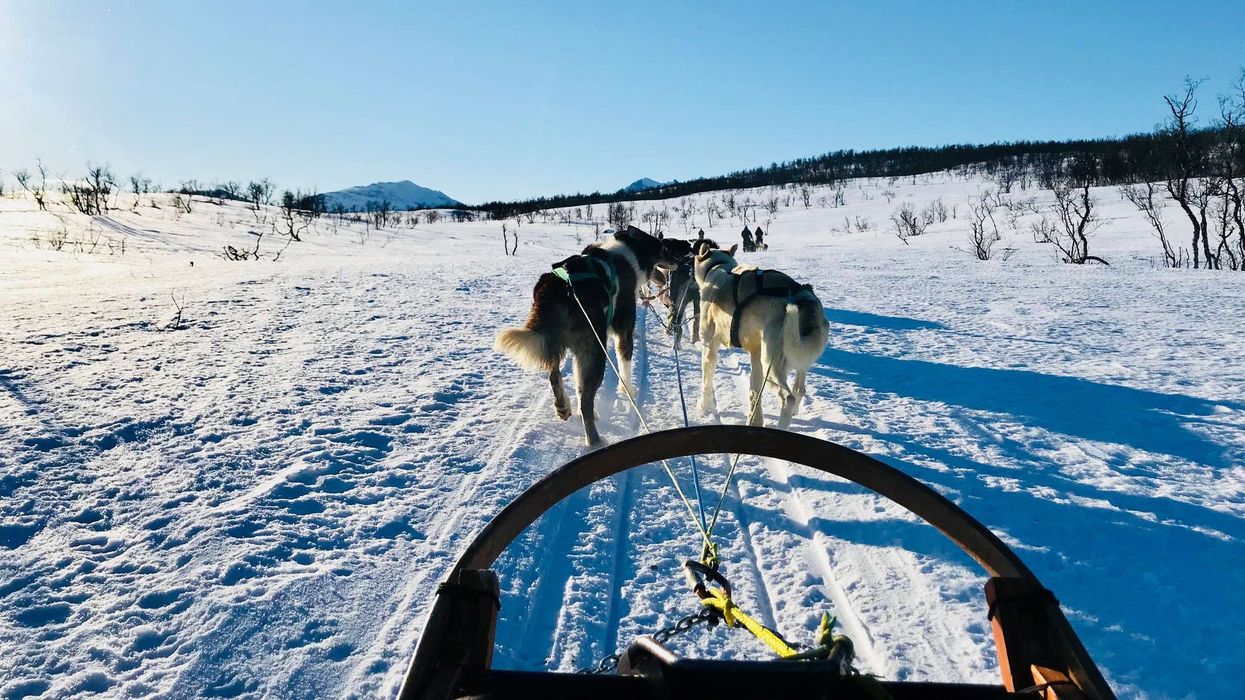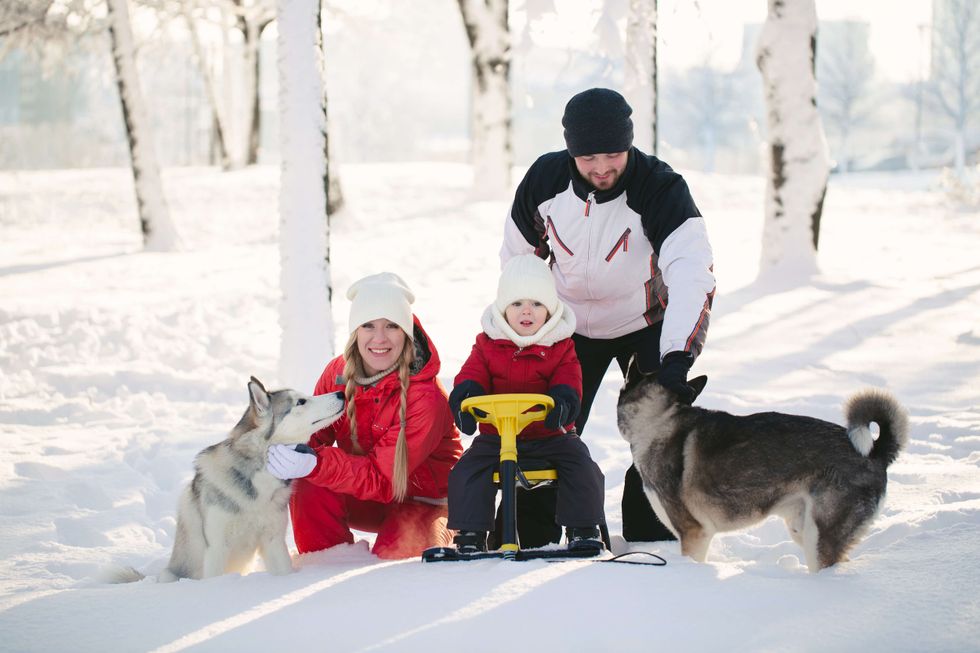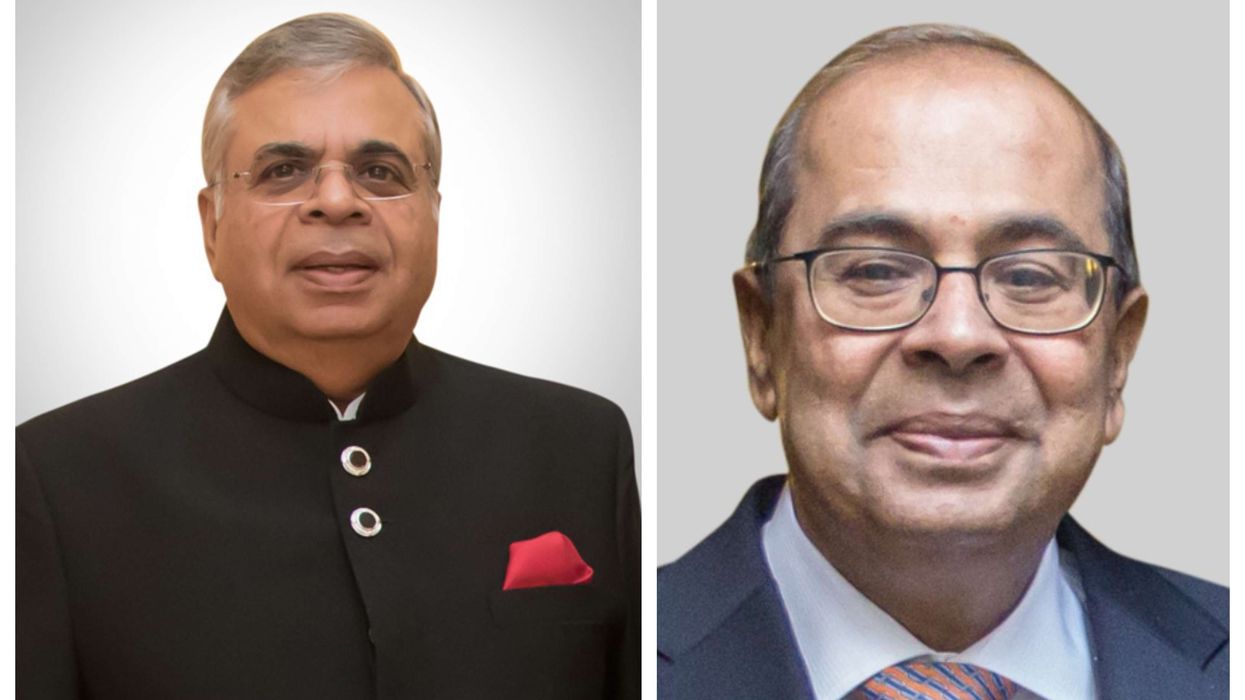THE Covid-19 death toll from UK's hospitals rose to 20,319 as of 1600 GMT on Friday, an increase of 813 in 24 hours.
As the country passed the grim milestone, the government got embroiled in a political row after it emerged that Prime Minister Boris Johnson's chief advisor attended meetings of the main scientific group advising ministers on the coronavirus pandemic in Britain.
Downing Street was forced to deny that Dominic Cummings and another advisor, Ben Warner, were members of the politically independent Scientific Advisory Group for Emergencies (SAGE).
However, following reports in The Guardian, the government admitted that Cummings had sat in on group meetings, prompting the opposition Labour Party to ask for "answers" over his exact role.
The row emerged as the government's general Covid-19 approach came under increasing scrutiny and the official death toll approached 20,000 in one of the countries worst hit by the pandemic.
In a statement, a Number 10 spokesman said: "It is not true that Mr Cummings or Dr Warner are 'on' or members of SAGE.
"Mr Cummings and Dr Warner have attended some SAGE meetings and listen to some meetings now they are all virtual.
"They do this in order to understand better the scientific debates concerning this emergency and also to understand better the limits of how science and data can help government decisions."
The statement added that it was "factually wrong and damaging to sensible public debate" to suggest the committee's advice was affected by the government.
Concern over influence
Until now, membership of the committee, which is a key body in shaping the UK's response to the pandemic, has not been made public.
Labour's health spokesman, John Ashworth told BBC radio on Saturday that his "concern" was "that political advisers have influenced the debate".
"The way to clear this up is for all the minutes to be published; we've called on the government to do this," he said.
The UK government has come under increasing pressure on a number of fronts in recent weeks, including criticism over shortages in personal protective equipment and a lack of widespread testing, particularly of frontline health and social care workers.
Questions have also been asked why it was slow in enforcing a nationwide lockdown to enforce social distancing measures.
There are also growing demands for a government exit strategy from the current lockdown, first imposed on March 23, extended on April 16 and due for review on May 7, as concerns grow over the huge impact the crisis is having on the economy.
Meanwhile, a new website to offer testing for up to 10 million key workers and their families has been overwhelmed.
On Saturday, health officials announced that as many as 5,000 severely ill coronavirus patients could be treated with plasma from people who have recovered from the illness as part of a new approach.
Figures expected later on Saturday could push Britain's official death toll past 20,000.
The number of deaths for Covid-19 in hospital currently stands at 19,506.
In March, the UK's chief scientific advisor, Sir Patrick Vallance, had said keeping the number of UK fatalities to less than 20,000 would be "a good outcome".





 During summer and autumn, when snow is absentiStock
During summer and autumn, when snow is absentiStock






